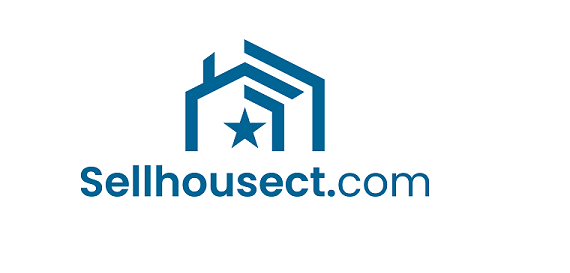The real estate market is evolving. Sellers are getting more and more desperate to sell their property, but buyers are becoming weary because they don’t want to lose their money. This has resulted in a dramatic rise in foreclosure rates. Foreclosure rates have continuously risen over the last several years, but it is expected that this trend will continue until 2020.
Before it’s too late, you must take precautions to prevent foreclosure! In this blog article we’ll go over 7 different ways you may do so:
1. Mortgage Loan Modification
If you refinance with a lender that offers these characteristics, you may be able to lower your payment. You might be able to get a cheaper monthly payment by having the conditions of your loan changed by the bank. On the other hand, this may extend the length of time you have to pay off your mortgage and result in greater expenses over time.
2. Repayment Plan
If you’re not currently making payments on your mortgage, the lender may provide a defined repayment schedule that allows you to catch up over a specific length of time. This does not eliminate the total amount you owe. Before deciding whether this plan is appropriate for you, be sure you can really pay more money each month until you are current.
3. Forbearance
If you default on your mortgage, you may be eligible for a forbearance agreement. You would be granted the option to make a smaller mortgage payment or skip several months under such circumstances. This alternative is typically only available in the event of a brief-term problem, such as unemployment, a natural disaster, or sickness.
4. Short Sale
When you sell your house for less than the amount you owe on your mortgage, it’s called a “short sale.” The lender may or may not be able to enforce your mortgage obligation after the sale, depending on the laws in your state and the terms of your mortgage. Inquire whether or not your lender will sign a short-sale agreement before agreeing to one.
5. Deed in Lieu of Foreclosure
A deed-in-lieu of foreclosure is a legal procedure that allows you to give your house to the lender in exchange for a loan. It’s typically seen as a last resort option. If you have little or no equity in your property, lenders are more likely to accept this choice – which implies the real estate market value of your property must be less than what you owe on it.
Lenders may negotiate with you and agree to set up installment payments over an extended period.
6. Call a HUD-Approved Housing Counselor
It’s a good idea to contact the Department of Housing and Urban Development (HUD) before accepting any papers for assistance. They provide free housing counseling to distressed homeowners. A counselor can evaluate your condition and determine whether government aid might help you overcome your issues. They can also assist you with budgeting, debt management, and other financial concerns by providing advice on how to manage your money better.
7. Sell Your House for Cash
If you can’t afford your mortgage, the quickest solution may be to sell your house for cash. You’ll be able to get the money right away and won’t have to wait until a buyer takes possession of the property. If you need help selling real estate fast, call us now!
Learn more about selling your house fast for cash to the most reputable real estate company, The Property Warehouse, by visiting their website. There are no costs, delays, or penalties when you sell your property quickly for cash with us. To find out more about selling your home fast for cash to the most trustworthy business, contact The Property Warehouse right now.

